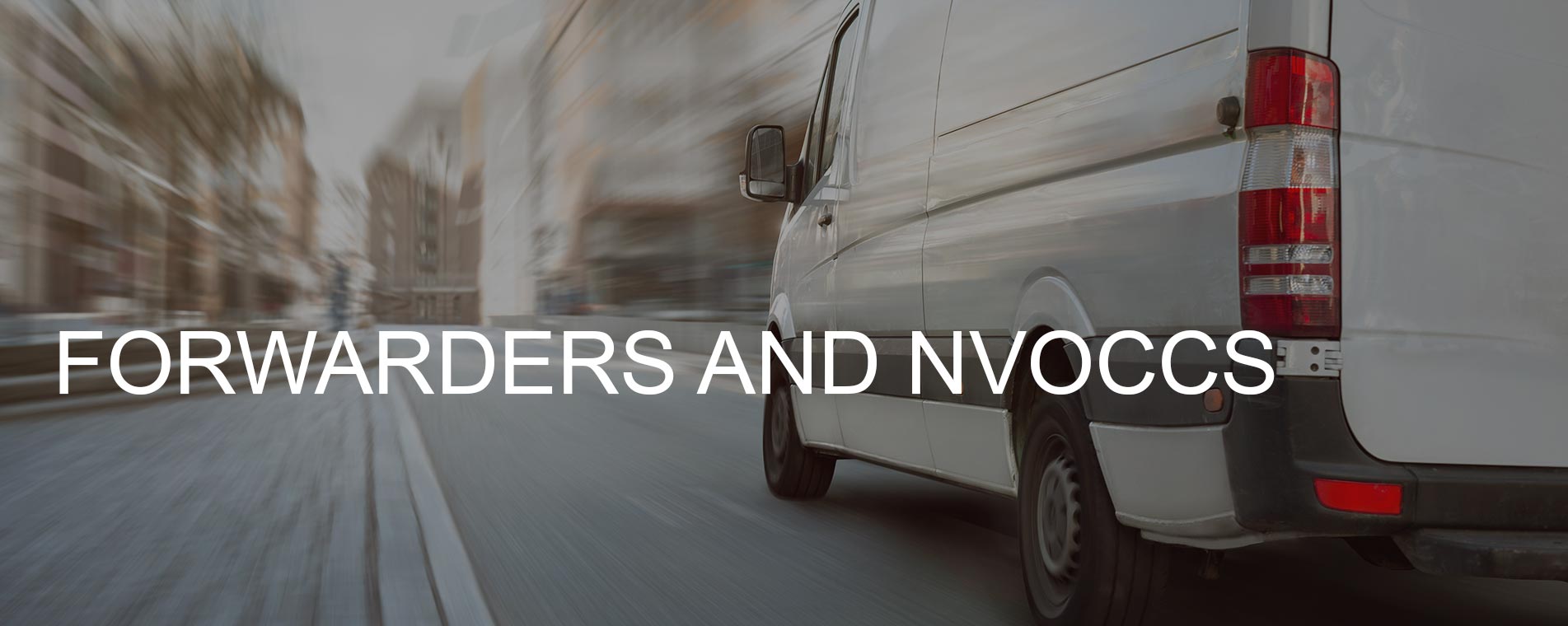Managing Complex Processes
With rapid changes and increasing competition in the shipping industry, forwarders run the risk of getting left behind. Forwarders are typically hampered by costly manual data collection from different sources in different formats in order to populate track and trace dashboards, while digitalization of the logistics ecosystem enables carriers to connect directly with shippers, potentially leaving forwarders out of the loop.
Costly integrations with networks of service providers and logistics partners can lead to long turnaround times on customs process exceptions and difficulties identifying root causes of shipment exceptions, which in turn leads to finger-pointing and frustration. There is an overall lack of trust and transparency, with too many opportunities for human error.
Responding to a Rapidly Changing Environment
Disruption in the sector is caused by four major factors – competition, commoditization, volatility and rapid change. The competitive landscape has changed significantly with traditional carriers or ...
Disruption in the sector is caused by four major factors – competition, commoditization, volatility and rapid change. The competitive landscape has changed significantly with traditional carriers or warehousing companies, and even ecommerce platforms, now providing NVOCC type services. The commoditization of transport leads to a focus on lowest cost rather than service or innovation, and in such an interconnected industry, there is high volatility with fluctuating rates, complex contracts and spiky demand.
Industry transformation is currently driven by sporadic, defensive manoeuvres in response to constant pressure for faster, cheaper deliveries with some firms adopting new technologies faster than others, rather than a strategic, coordinated approach enabling improved coordination within the ecosystem.
Geopolitical issues beyond the control of the global shipping industry, including global trade tensions and tariff wars, create further challenges.
The Digital Imperative
Digitalization is not an option for freight forwarders, it is key to survival. Some innovative players and new entrants are already ahead of the digital curve, with an array of digital processes and ...
Digitalization is not an option for freight forwarders, it is key to survival. Some innovative players and new entrants are already ahead of the digital curve, with an array of digital processes and platforms that improve services for their customers and cost-efficient running of their businesses.
Studies have shown that by automating manual processes, traditional companies could reduce certain back-office and operations costs by up to 40%, while digitalizing significant parts of the sales process could reduce related direct costs further. Beyond savings, digital capabilities will open up tremendous opportunities to win in the marketplace.
Customer Service and Efficiencies Driving the Need for Change
Two major issues have provided the catalyst for change and attracted new entrants.
Two major issues have provided the catalyst for change and attracted new entrants.
Poor Customer Experience:
The decades-old quotation and booking process is severely outdated, taking several rounds to reach a final price. A shipper can wait up to 100 hours for a quotation from a forwarder. Manual completion of shipping documents is time consuming and error prone. Furthermore, it is difficult to track shipping orders in real time, so when exceptions occur, customers are unable to make informed decisions to ensure their cargo will arrive according to plan.
Manual Processes:
Many companies still rely on email, physical handoffs and even faxes to convey shipping documents – all time-consuming and error-prone processes that reduce profits. Very few employ automated response or confirmation systems. Inevitably, costs are especially high for companies that serve a high volume of transactional customers.
Digitalizing to Offer Premium Services
For forwarders and NVOCCs, changing ways of working is unavoidable. The agility to react faster to changing market conditions rather than following a linear plan is critical to enable faster decision making.
Forwarders will have to digitalize. Some companies have started incorporating analytics, robotics and digital front ends but all will need to fully digitalize their offerings with automated and back-end operations integrated with third parties, through a digital parallel paradigm ecosystem. The operators who are innovative and flexible enough to adopt this new way of working will reap the rewards of profitable growth.


